The success of Oppenheimer is good for everyone involved, and even better for humanity
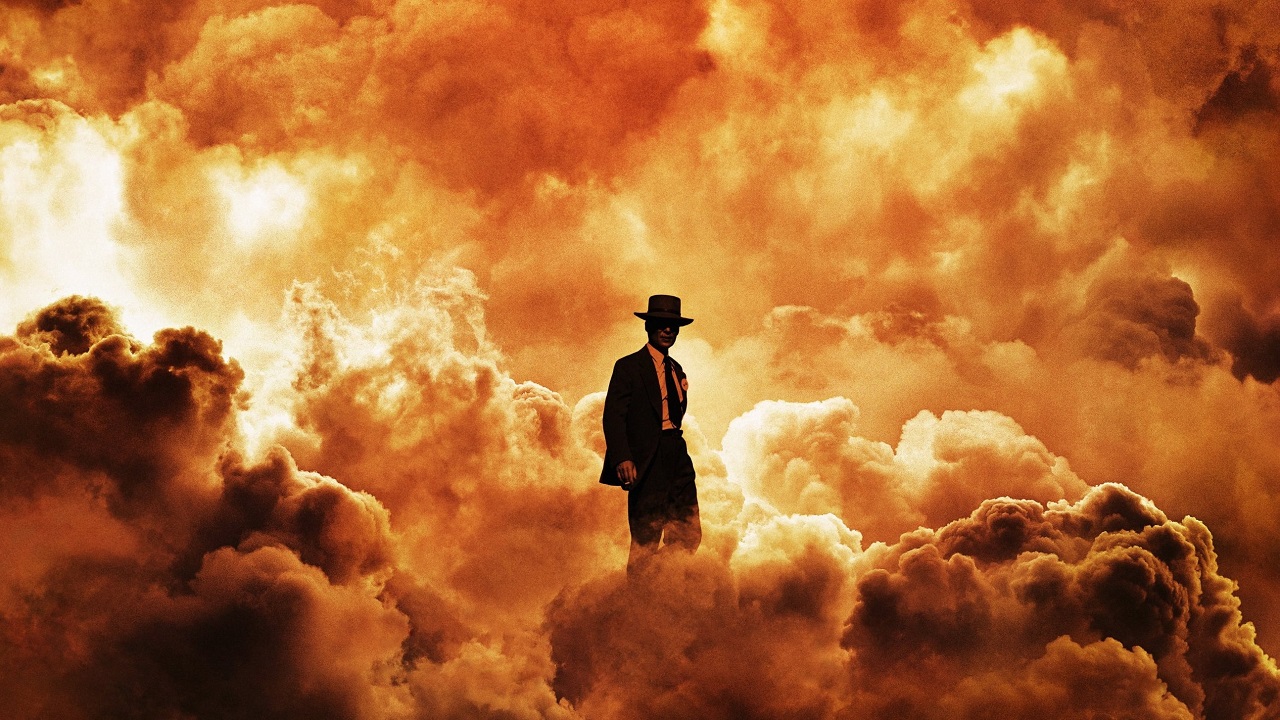
Now we can officially say Christopher Nolan pulled off one of his biggest career gambles with Oppenheimer. Dominic Corry chimes in on the cinematic behemoth.
Seven Oscars is all good and well, but Oppenheimer‘s place in cinematic history was assured well before Oscar night.
Flying in the face of everything resembling commercial cinematic wisdom, Christopher Nolan’s film about the father of the atomic bomb took in almost a billion dollars at the global box office, despite the complete absence of all the elements that currently make up the movies that usually earn that amount of cheddar: super powers, bright costumes, blurry action scenes, CGI explosions (Nolan staged his practically), quippy asides that reek of a post-production punch-ups, references to viral dances and shared-universe cameos. Okay maybe Albert Einstein counts as that last one.
But the point is that Nolan’s faith the notion of a mature, serious film capturing the popular imagination bore fruit. Almost nobody was taking that bet—how often these days does contemporary society take the loftier path?
As a culture, we are as close to rabid rogs as we’ve ever been, but somehow we had the wherewithal to lift this salient indictment of humanity’s tendency for self-destruction up on our shoulders. I just hope the aliens were paying attention.
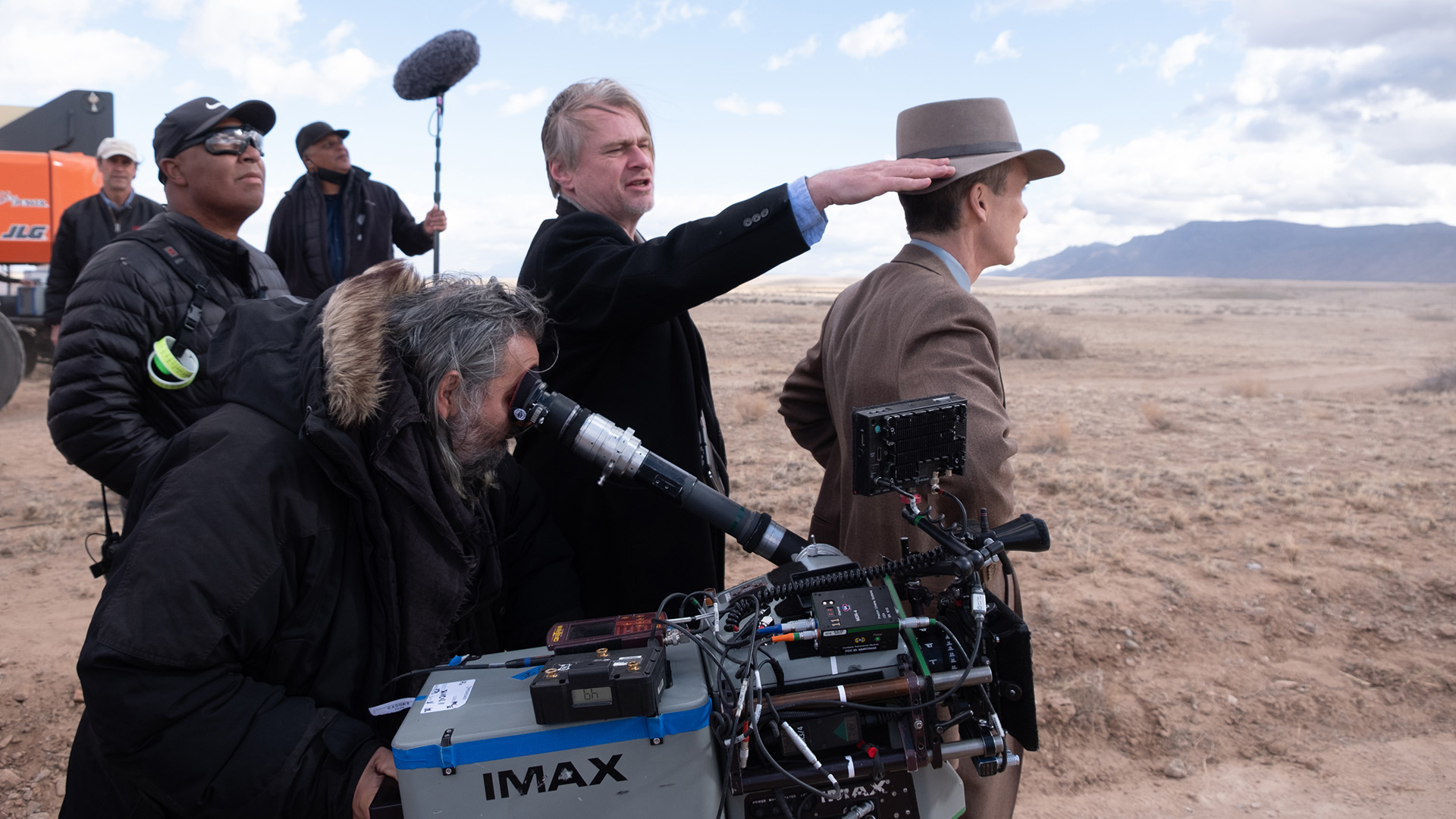
I celebrated Oppenheimer‘s Oscar glory as well, because it brought to mind my initial reaction to the film. It reminded me of how when I was a kid, I never wanted to see any of the “serious” Oscar movies because they all seemed boring to me. But if I was ever forced to watch one—this was back when the chance to see any kind of movie at all was almost never refused—I mostly was blown away. I’m talking about films like Amadeus, Born on the Fourth of July, Rain Man, My Left Foot, Dangerous Liasons. Films where the fundamental quality simply could not be denied, even if they didn’t necessarily ooze popcorn appeal.
As I got older and we crossed over into a new millennium, the Oscar movies seemed to get worse and worse and I stopped taking any of it seriously at all.
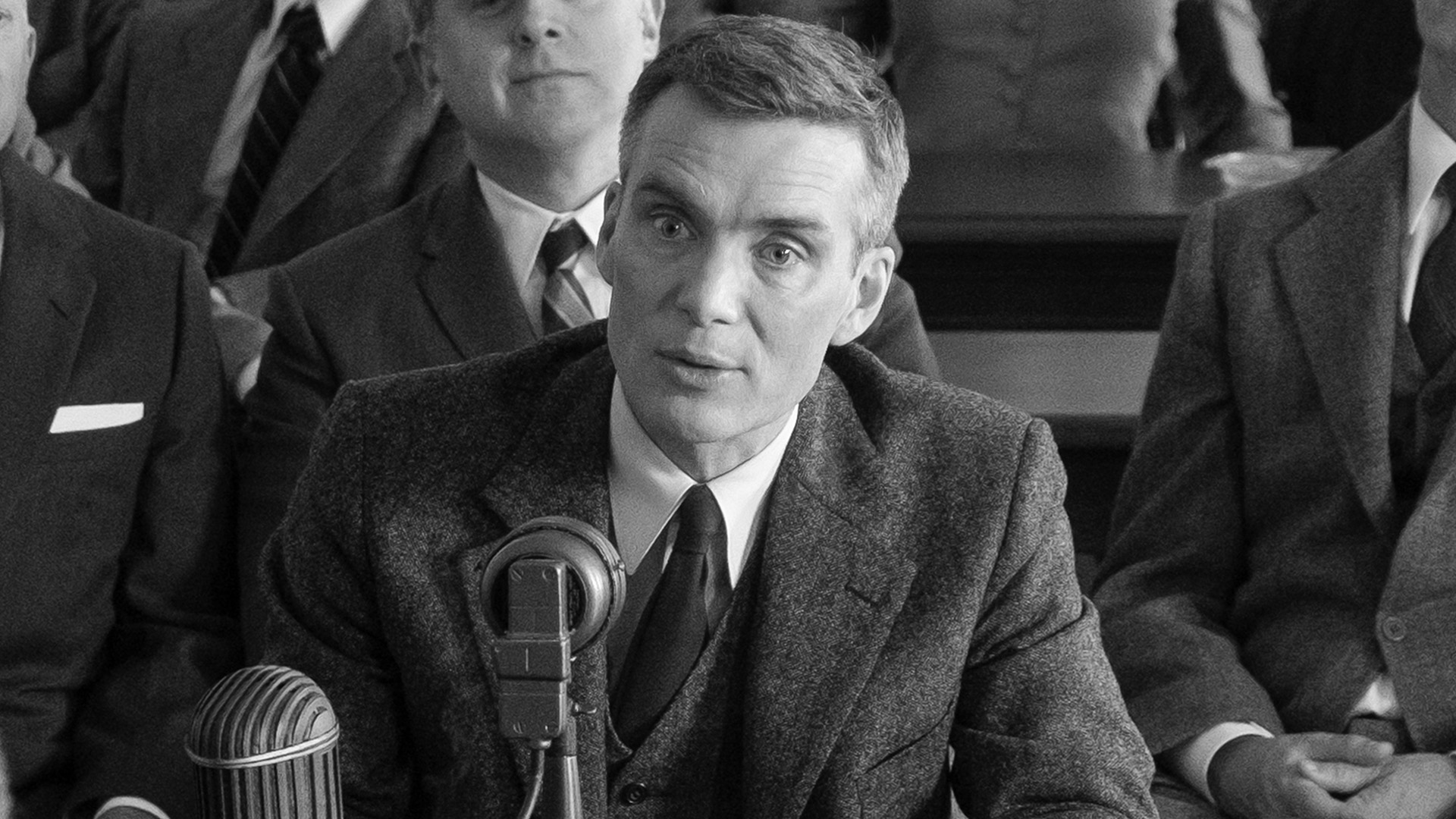
To me, Oppenheimer harkens back that nostalgic era of Oscar movie sturdiness. Its road to Oscar glory was rare as well—there usually isn’t a solid front runner like this all the way. The race generally shifts and turns throughout the end of the year as all the intended Oscar movies come out within a few weeks of each other.
But Oppenheimer seemingly had this all locked in from the middle of last year, when Oppenheimer was released at the height of the (northern) Summer movie season and started defying expectations from the get.
Also, I just loved how savage it was. Not since Ingrid Goes West has a film so harshly and accurately rebuked its audience.
We live in an era when films are judged more for their perceived message than for their artfulness, and yet (mainstream) movies so rarely properly challenge the audience or ask them to question themselves.
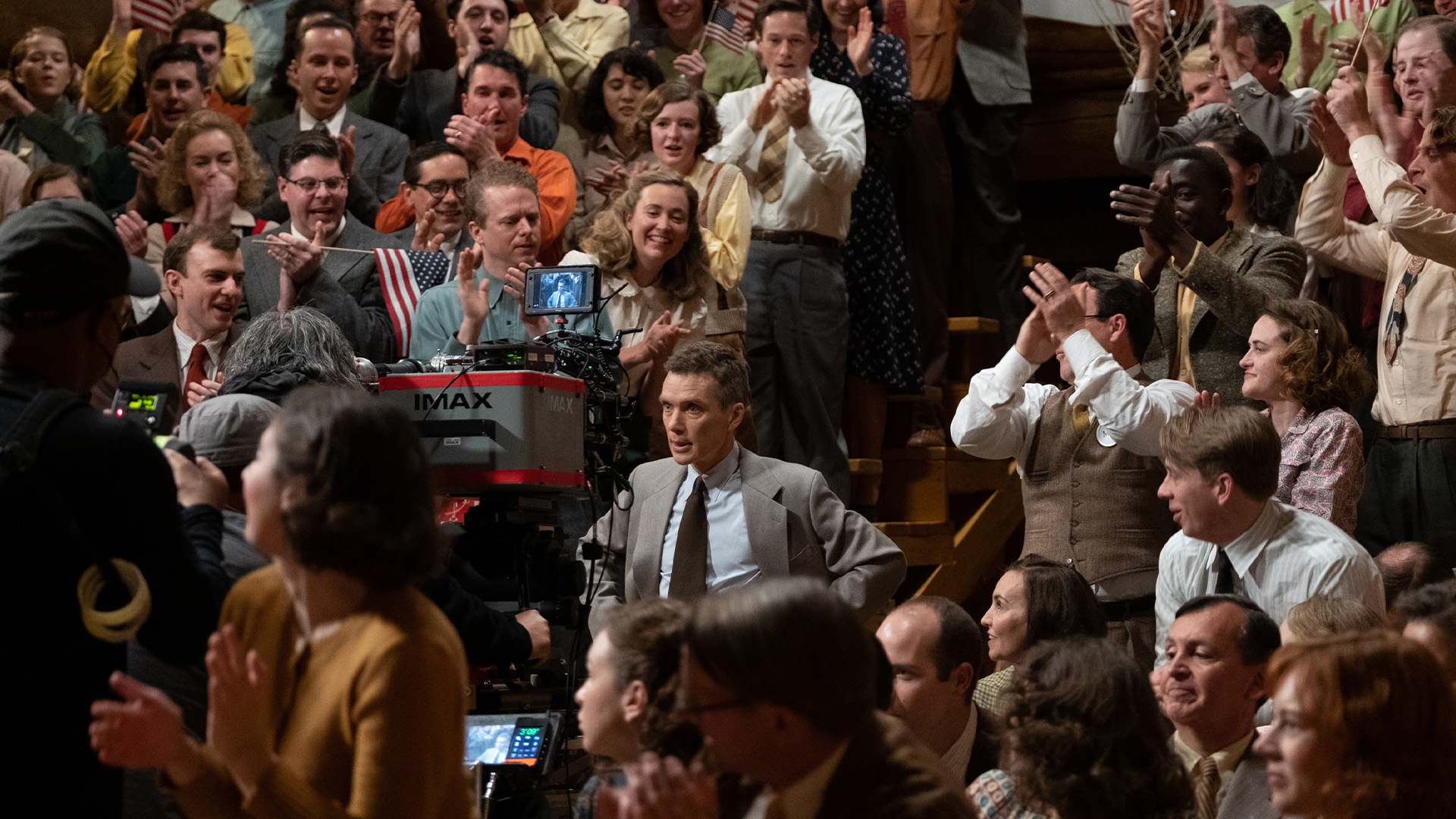
Christopher Nolan is always doing interesting things with rhythm in his movies, and the way Oppenheimer is ever-swirling up to its devastating conclusion is perhaps the best deployment of Nolan’s skills in this area. No spoilers, but you can feel the weight of the entire movie in that final moment.
Another key Nolan trait reached its apex in Oppenheimer as well: his affection for casting underutilised actors whose status as leading men may have faded. I’m talking about Eric Roberts in The Dark Knight, Tom Berenger in Inception and Matthew Modine in The Dark Knight Rises.
This kind of thing tickles me pink (the only Barbenheimer reference you’re getting in this article), and Oppenheimer was positively lousy with examples. It was so cool to see Josh Hartnett get to do something decent after so long away from the spotlight, and I really loved seeing the always underappreciated David Krumholtz get to sink his teeth into such a weighty role.
The sheer number of recognisable actors in small roles was delightful—people like Jack Quaid, James Remar, Josh Peck, Macon Blair, Dane DeHaan, Alden Ehrenreich and the always reliable David Dastmalchian. Heck, Nolan found room for Scott Grimes in this thing!
And that’s alongside powerful performances from emerging talent like Benny Safdie and Florence Pugh.
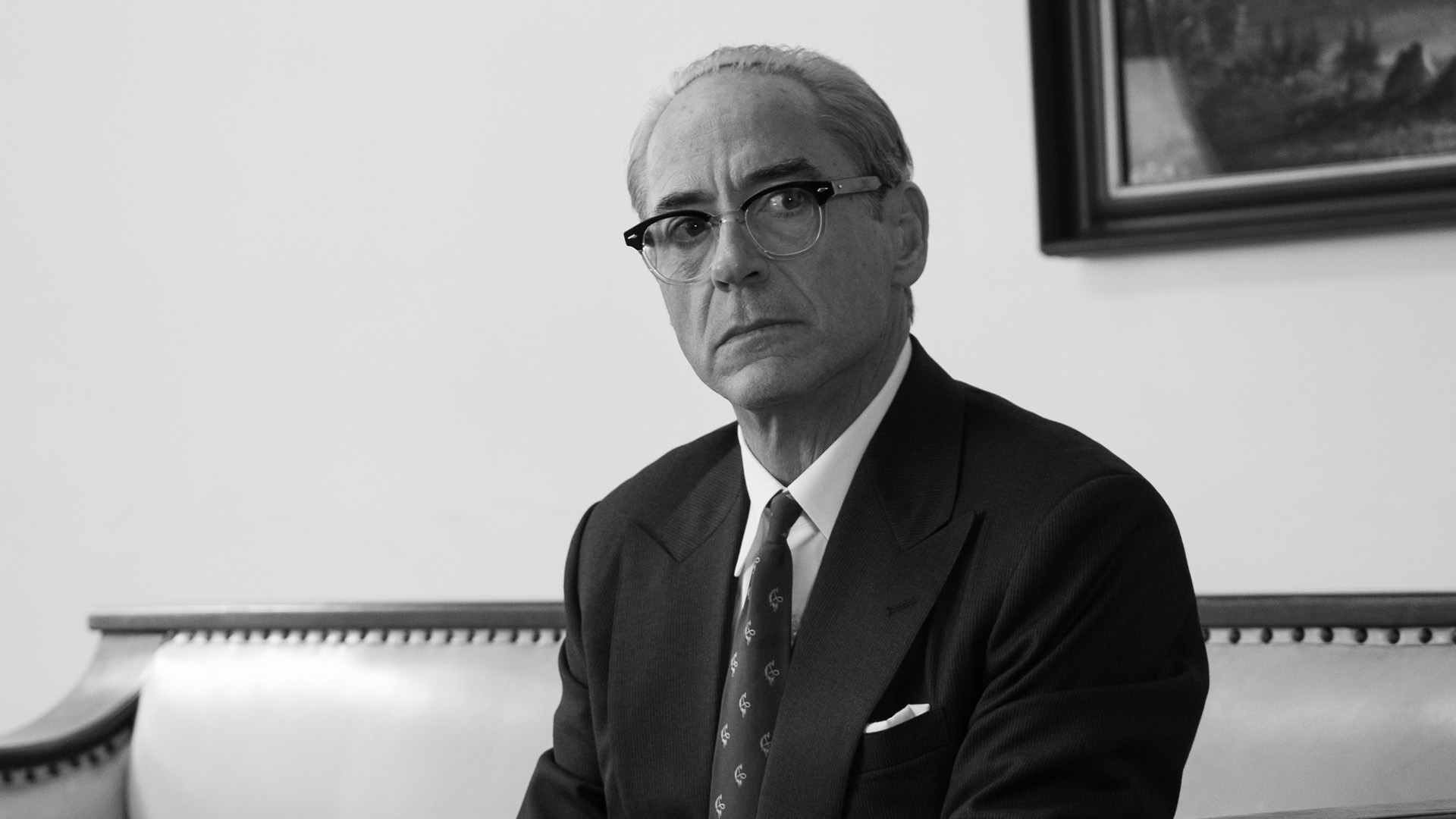
Two of the film’s Oscars went to Cillian Murphy and Robert Downey Jr., who perhaps represent these two facets of Nolan’s casting skills. He’s played a large role in helping Murphy ascend to proper leading man status, and he gave Downey his meatiest role in years, helping to re-affirm his pre-Iron Man status as one Hollywood’s most indisputable talents.
So yeah, the success of Oppenheimer was good for everyone involved and even better for humanity.
Also , if nothing else, the film’s success spared the world from the inevitable cacophony of “bomb” puns should that would’ve followed the film flopping.


















